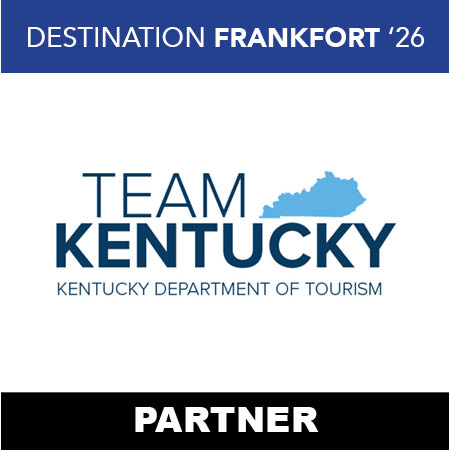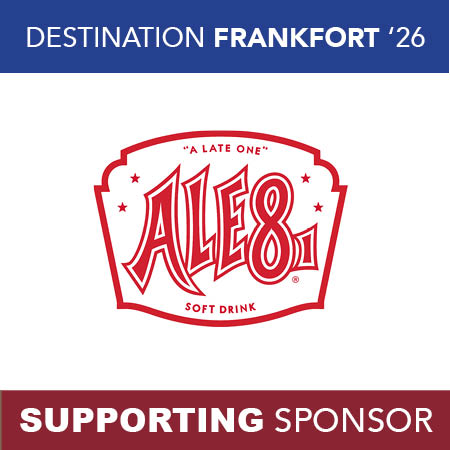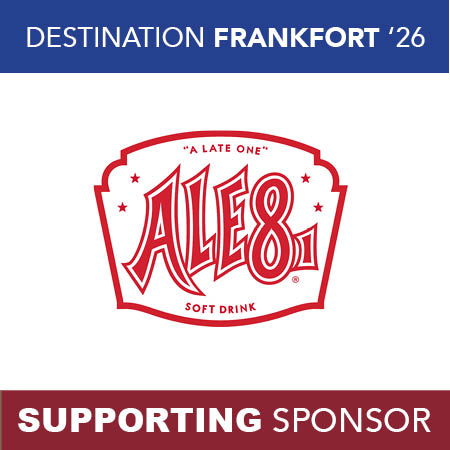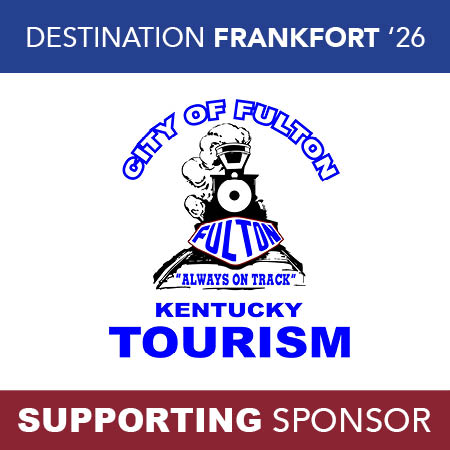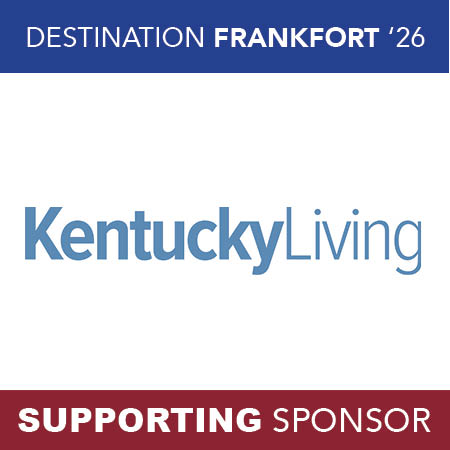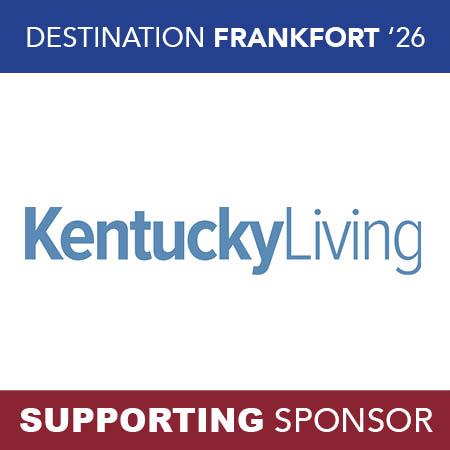1% TRANSIENT ROOM TAX ISSUESKTIA continues to support and fight for the protection of the 1% transient room tax and member communication with legislators is a critical part of this effort. Use the Issue Analysis provided below in your communication with your legislative leader. ISSUE ANALYSISREQUEST In the 2020 budget and the continuation budget moved at the beginning of this session, there are specific line items within the Tourism Arts & Heritage Cabinet budget that prioritize certain projects. This funding derives from the 1% transient room tax that is intended for marketing and growing tourism in all 120 counties. This model of specific project line items is detrimental to that purpose and the overall tourism industry’s ability to recover and grow. When a handful of projects or attractions are selected for funding, it takes funds away from everyone else. Please allow all 1% transient room tax funds to remain available for a coordinated, statewide plan. Also, for the same reason, please do not move any 1% transient room tax monies to the General Fund. OVERALL MESSAGE The tourism industry will not recover, nor will its economic contributions to the Commonwealth, without highly effective, competitive and sustained marketing of Kentucky as a travel destination. SITUATION The 1% transient room tax paid by hotel guests is the funding source of the marketing of Kentucky carried out by the Department of Tourism with a significant portion distributed as matching funds to local entities throughout the Commonwealth through a coordinated and equitable process. 1% transient room tax funds have suffered a 45% decline due to the COVID-19 impact on travel and hotel stays. This loss and its debilitating effect on marketing Kentucky would be exacerbated by the additional loss of $1.1 million for specific local projects. The number of these projects has increased in recent years. This is further exacerbated by the fact that the tourism industry as a whole and the over 96,000 pre-pandemic Kentucky jobs it supports has endured a catastrophic year. A comprehensive and coordinated statewide marketing campaign will be crucial to recovery to ensure that people know Kentucky is safe and open for business on the other side of this crisis. With Kentucky located within a one day drive of two-thirds of the U.S. population, later this year as travelers ease back into both leisure and business travel, we must be prepared at full strength to encourage them to come to Kentucky, enjoy their time, and most importantly to spend their money. To do this, we must have the maximum available resources to apply in a unified way to market Kentucky – the whole of Kentucky. ADDITIONAL POINTS
|

